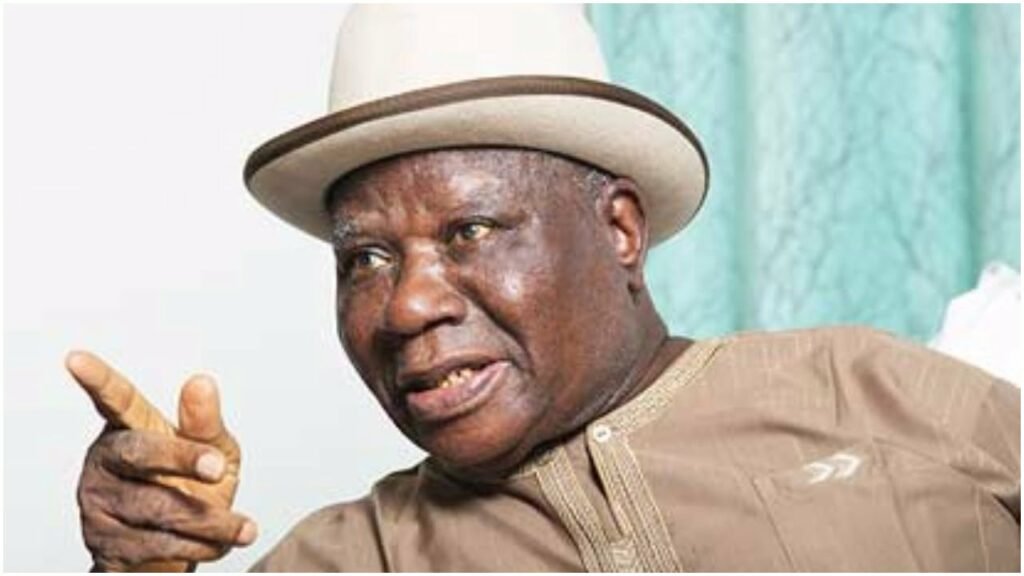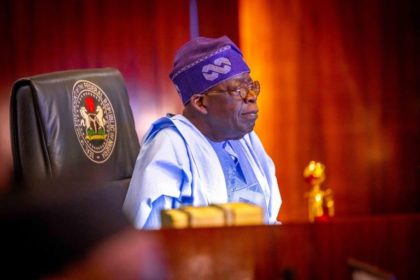By Adeyemi Adekunle
Elder statesman Edwin Clark has strongly criticized the opposition of the 19 northern governors to the tax reform bills introduced by President Bola Tinubu, asserting that the reforms are essential for the nation’s economic progress.
Speaking on Sunday during Inside Sources with Laolu Akande, a socio-political program on Channels Television, Clark called out the governors for their stance, describing it as counterproductive. “As far as I am concerned, that tax bill must go on,” he declared firmly.
The tax reform bills, which aim to restructure the country’s fiscal policies, have faced widespread resistance. The National Economic Council (NEC), comprising the 36 state governors, initially discussed the proposals.
However, the 19 northern governors subsequently held a separate meeting, where they unanimously rejected sections of the bills and demanded their withdrawal from the National Assembly.
Clark, who is also the leader of the Pan-Niger Delta Forum (PANDEF), expressed his disappointment with the northern governors’ decision to hold an exclusive meeting after the collective discussions at NEC.
“I was so shocked when I learnt that the 19 governors of the North met again. If 36 of you met, why are you meeting again?” he questioned.
He accused the governors of perpetuating a culture of double standards and arrogance, warning that such attitudes are detrimental to national unity and governance.
“The northern governors—most of them—don’t realise what they are doing. This double standard and arrogance of power must stop,” Clark asserted.
The elder statesman further emphasized the importance of taxes in ensuring equitable resource distribution and sustainable development.
He argued that those opposing the reforms fail to consider the origins of the funds they seek to allocate. “When they decide to share, they must ask where the money they are sharing comes from. So, you must pay tax,” he stated.
Clark also urged President Tinubu to demonstrate wisdom and fairness in navigating these challenges, cautioning against allowing any group to dominate the nation’s political and economic landscape.
He stressed the need for inclusive governance that prioritizes the interests of all regions and citizens.
The controversy surrounding the tax reforms reflects broader tensions in Nigeria’s fiscal policy landscape. Critics argue that the proposed reforms could place additional burdens on citizens already grappling with economic hardships.
Supporters, however, believe the measures are necessary to improve government revenue, reduce dependence on oil, and address longstanding inequities in resource allocation.
The Tinubu administration has defended the bills as part of a comprehensive strategy to rebuild the economy, enhance infrastructure development, and promote fiscal accountability.
Yet, the resistance from key stakeholders, including the governors, highlights the complexities of implementing such sweeping changes in a diverse and divided polity.




